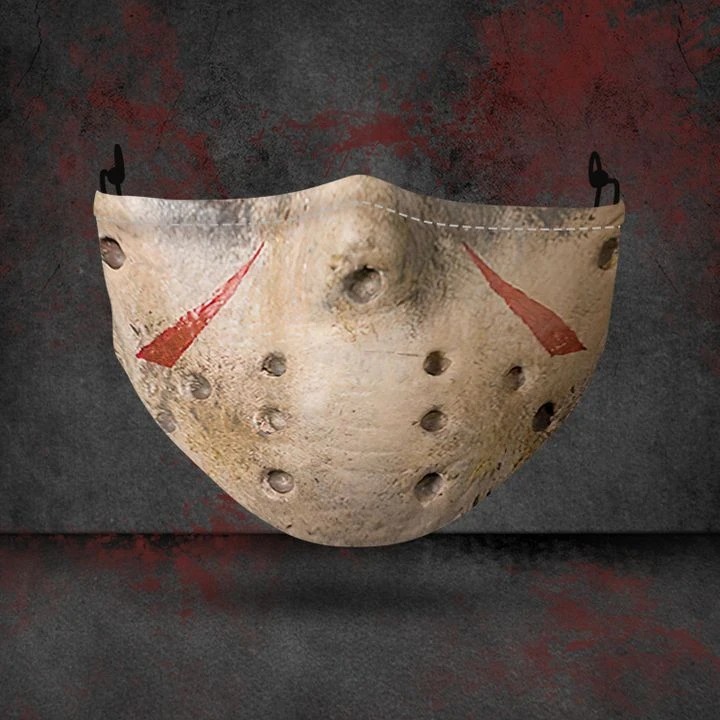
Buy it now: Firefighter I Wish My Head Could Forget What My Eyes Have Seen Shirt
Firefighter I Wish My Head Could Forget What My Eyes Have Seen Shirt
How can the enemy know what we’re doing if we don’t know ourselves? It’s questionable if the improved capabilities of drones, such as dropping torpedos or relaying video, can account for the vast array of acronyms — it appears these new acronyms were simply the creation of a few captains, majors, and engineers either at the Pentagon or one of a dozen aerospace companies. By the 1990s, the word drone was in a state of disuse, replaced by ‘UAV’, ‘RPV’, ‘UAS’, and a dozen other phrases synonymous with the word drone. The Era of the Modern Drone, October 21, 2001 – Present predator The definitive image of the modern drone is that of the General Atomics MQ-1 Predator laden with a Hellfire anti-tank missile on each wing. The Predator is an unmistakable aircraft featuring a bulbous nose just barely large enough to house the satellite antennae underneath. A small camera pod hangs off its chin. The long, thin wings appear as if they were stolen off a glider. A small propeller is mounted directly on the tail, and the unique inverted v-tail gives the impression this aircraft can never land, lest it be destroyed. The Predator program began in the mid-1990s and was from the get-go referred to as an Unmanned Aerial Vehicle, or UAV. This changed on October 21, 2001, in a Washingon Post article from Bob Woodward. In the article, CIA Told to Do ‘Whatever Necessary’ to Kill Bin Laden, Woodward reintroduced the word ‘drone’ into the vernacular [8]. The drone in question was a CIA-operated Predator equipped with, “Hellfire antitank missiles that can be fired at targets of opportunity” Woodward, either through conversations with military officials, remembering the old term for this type of aircraft, needing a new word to describe this weapon delivery system, or simply being fed up with the alphabet soup of acronyms, chose to use the word ‘drone’. Firefighter I Wish My Head Could Forget What My Eyes Have Seen Shirt If you’re angry at the word ‘drone’ being applied to a Phantom quadcopter, you have two people to blame. The first is Hanson W. Baldwin, military editor to the New York Times. Over a career of forty years, he introduced the word ‘drone’ to describe everything to target aircraft to cruise missiles. The second is Bob Woodward of the Washington Post.
Firefighter I dream that My Head has been never Forget Shirt
The man who broke Watergate also reintroduced the word ‘drone’ into the American consciousness. A Briefer History Of ‘Drone’, and an Argument for its Use The word ‘drone’ was first applied to unmanned aircraft in late 1934 or early 1935 because biplanes flying low overhead sound like a cloud of bees. For twenty-five years, ‘drone’ applied only to aircraft used as target aircraft. Beginning in the late 1950s and early 1960s, the definition of ‘drone’ expanded to included all unmanned aircraft, from cruise missiles to spaceships. Around 1965, acronyms such as ‘UAV’, and ‘RPV’ took over as being either more descriptive or as a function of the military aerospace industry’s obsession with acronyms. In the late 1990s, the US Air Force and CIA began experimenting with Predator UAVs and Hellfire missiles. The first use of this weapons platform was mere weeks after the 9/11 attacks. This weapons platform became known as a Predator ‘drone’ in late 2001 thanks to Bob Woodward. Colloquially, the term ‘drone’ now applies to everything from unmanned military aircraft to quadcopters that fit in the palm of your hand. The most frequently cited reason for not using the word ‘drone’ to describe everything from racing quadcopters to remote-controlled fixed wing aircraft orbiting a point for hours is linguistic purity. Words have meaning, so the argument goes, and it’s much better to use precise language to describe individual aircraft. A quadcopter is just that — a quadcopter. An Firefighter I Wish My Head Could Forget What My Eyes Have Seen Shirt autonomous plane used for inspecting pipelines is an unmanned aircraft system. quote-drone-applied-to-every-aircraft-in-historyThe argument of linguistic purity fails immediately, as the word ‘drone’ was applied to every conceivable aircraft at some time in history. In the 1960s, a ‘drone’ could mean a spaceship or spy plane. In the 1940s, a ‘drone’ simply meant an aircraft that was indistinguishable in characteristics from a balsa wood, gas powered remote controlled airplane of today. Even accepting the argument of linguistic purity has consequences: ‘drone’ originally meant ‘target drone’, an aircraft flown only for target practice. Sure, keep flying, I’ll go get my 12 gauge. The argument of not using the word ‘drone’ to apply to what are effectively toys on the basis of language being defined by common parlance fails by tautology. ‘Drone’, critics say, only apply to military aircraft used for spying or raining Hellfires down on the enemy. It’s been this way since 2001, and since language is defined by common usage, the word ‘drone’ should not be applied to a Phantom quadcopter. This argument fails to consider that the word ‘drone’ has been applied to the Phantom since its introduction, and if language is defined by common usage than surely a quadcopter can be called a drone.
When I look at Firefighter on the fire I Wish My Head Could Forget so that My Eyes Have Seen Shirt
Instead of linguistic trickery, I choose to argue for the application of ‘drone’ on a philosophical basis. You are now reading this article on Hackaday, and for the thirty years, a ‘hacker’ is someone who breaks into computer systems, steals money from banks, leaks passwords to the darknet, and other illegal activities. Many other negative appellations apply to these activities; ‘crackers’ are those who simply break stuff, ‘script kiddies’ are responsible for the latest DDOS attack. Overall, though, ‘hackers’ is the collective that causes the most damage, or so the dictionary definition goes. Obviously, the image of ‘hacking’ being only illegal or immoral is not one we embrace. The word is right there at the top of every page, and every word written here exudes the definition we want. ‘Hacking’, to us, is firmware tomfoolery, and electronic explorations of what should be possible but isn’t available to the public. We own the word ‘hack’ in every word we publish by extolling the virtues of independent study and discovery. Everyone here learned a very long time ago you don’t impress people with pedantry. You won’t convert anyone from believing hackers stole aunt Mable’s identity to believing ‘hack’ is an inherently neutral term simply by telling them. Be the change you want to see in the world or some other idiotic phrase from a motivational poster, but the point remains. It’s always better to own a term than to insufferably deny it. It’s a lesson we’ve learned over the last decade, and hopefully one the drone community will soon pick up. [1] Christ is a riddle. He repaired the ear of the soldier who took him into custody, when Peter chopped it off, on the one hand. On the other, he said, “Firefighter I Wish My Head Could Forget What My Eyes Have Seen Shirt Firefighter I Wish My Head Could Forget What My Eyes Have Seen ShirtThink not that I came to bring peace, for I came not to bring peace, but war!” As Ecclesiastes put it, there’s a time for love and a time for hate, a time to heal and a time to kill, a time for peace and a time for war. On 9-11, we found out what time it is! COMMENT #4 [Permalink]… Robert Lockwood Mills said on 11/24/2005 @ 5:02 pm PT… As I understand the evangelical Christian movement, it relies on the Book of Revelation, which suggests an Armageddon (endgame), after which Christ shall return and redeem mankind. Thus, whatever happens to advance that result (war, pestilence, brutality, famine, etc.) is holy and devoutly to be wished. If this is a correct analysis, it can be an excuse for war. But it begs a question the evangelicals don’t have an answer for. “What will Christ do or say after his return?” Would he say, “You killed to hasten my return, thus you are blessed…”??? Or would he say, “I came back to proclaim the error of your ways.”??? I’ll leave that to theologians to argue. I know what I think Christ would say.





